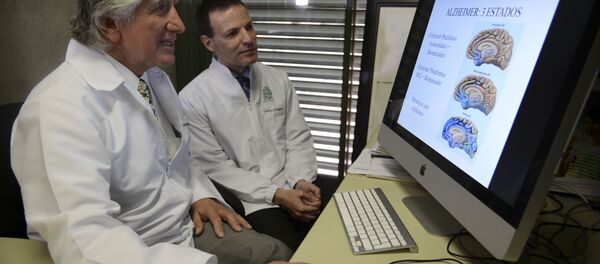Only 45 percent of those people diagnosed with Alzheimer's or their caregivers said they were officially given the diagnosis, the report said.
The study suggested that a desire to avoid causing the patient emotional distress is one of the key reasons doctors conceal the diagnosis. The report condemned the withholding of any diagnoses as a breach of medical ethics.
"This means that people are being robbed of the opportunity to make important decisions about their lives," Beth Kallmyer, Vice President of Constituent Services for the Alzheimer's Association said.
People with Alzheimer's have the right to expect truthful discussions with their physicians as soon as possible, she said, adding that with a diagnosis disclosure, patients can better understand what to expect and what strategies to take to counter the effects.
Diagnosis disclosure rates for the disease are shown to be much lower than those for most common cancer types and other serious and deadly diseases, the report stressed.
Alzheimer's is a disease of the central nervous system most common among people aged over 65. Symptoms include progressive loss of mental abilities, subsequently affecting speaking, self-care and behavior. Despite the fact that a treatment to stop Alzheimer's progression does not exist, some symptoms may be temporarily improved if recognized in the early stages.



